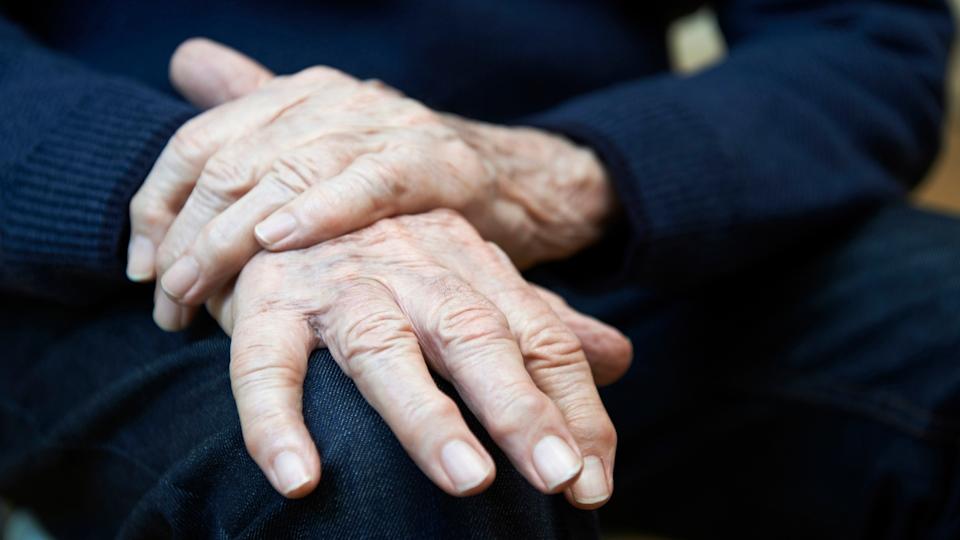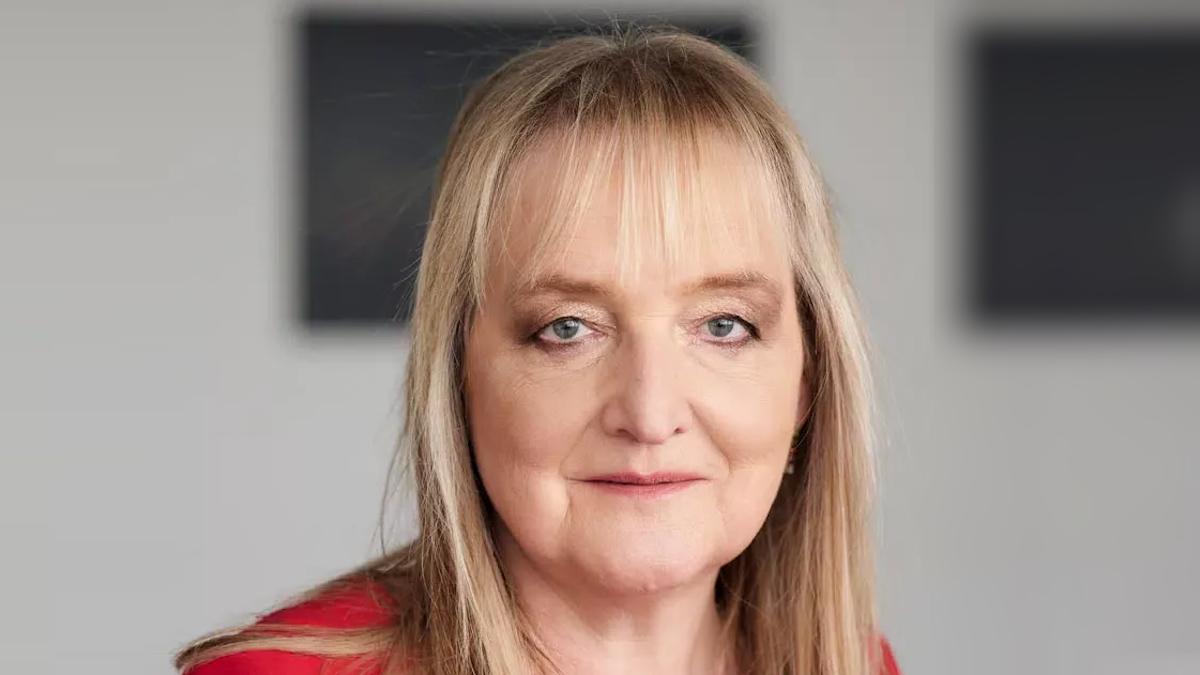Cerevel Parkinson’s data adds lustre to AbbVie acquisition

Cerevel Therapeutics’ Parkinson’s disease therapy tavapadon has shown efficacy in a phase 3 trial, reinforcing its blockbuster potential and no doubt delighting AbbVie, which has agreed to buy the company in an $8.7 billion deal.
Tavapadon is just one part of a pipeline that AbbVie chief executive Rick Gonzalez said had “multibillion-dollar sales potential” when the deal was announced last year, alongside other late-stage programmes like schizophrenia therapy emraclidine.
That confidence now seems to have been well placed. The dopamine D1/D5 partial agonist has met its main objective in the pivotal TEMPO-3 trial as an add-on to mainstay Parkinson’s treatment levodopa, achieving a statistically significant reduction in ‘on’ time – when symptoms are under control – compared to placebo without troublesome dyskinesia side effects.
While patients with Parkinson’s initially start taking drugs like levodopa to manage symptoms, these often fail to control symptoms throughout a 24-hour period and tend to lose their efficacy as the disease progresses, leading to periods of ‘off’ time when symptoms like tremor, stiffness, and slowness of movement occur.
In TEMPO-3, adding tavapadon to levodopa resulted in an increase of 1.1 hours in ‘on’ time – 1.7 hours versus 0.6 hours with placebo – after 27 weeks, accompanied by a significant reduction in ‘off’ time and a favourable side-effect profile, according to Cerevel. The primary endpoint in the 507-subject study was measured using patient-completed diary data.
The company says the drug is the first and only D1/D5 receptor partial agonist being studied as a once-daily treatment for Parkinson’s, and some analysts have suggested that if it gets approved, it could make sales of $500 million to $1 billion a year.
That would make tavapadon a big bonus for AbbVie, which highlighted emraclidine as the main asset in the $45-per-share acquisition when it was revealed last December. At the moment, only the top-line readout from TEMPO-3 is available, however; the study will be scrutinised when it is presented in full at a future medical meeting.
AbbVie is already a player in Parkinson’s with its pump-based Produodopa (foslevodopa/foscarbidopa) therapy and Duopa (carbidopa/levodopa) intestinal gel products, used for more advanced cases of the disease, but tavapadon gives it an option for earlier-stage patients.
Produodopa – which was rejected by the FDA last year but has been launched in Europe – has also been billed as a potential $1 billion product. AbbVie recently filed an update to the FDA and has said it is hoping for US approval in the second quarter of this year.
Tavapadon’s mechanism is thought to improve motor control via the D1/D5 receptors but avoids overstimulation of the D2/D3 receptors thought to cause side effects. It is also in two phase 3 trials as a monotherapy – TEMPO-1 and TEMPO-2 – with results due later this year and an open-label extension study looking at long-term safety (TEMPO-4).













